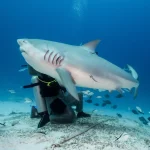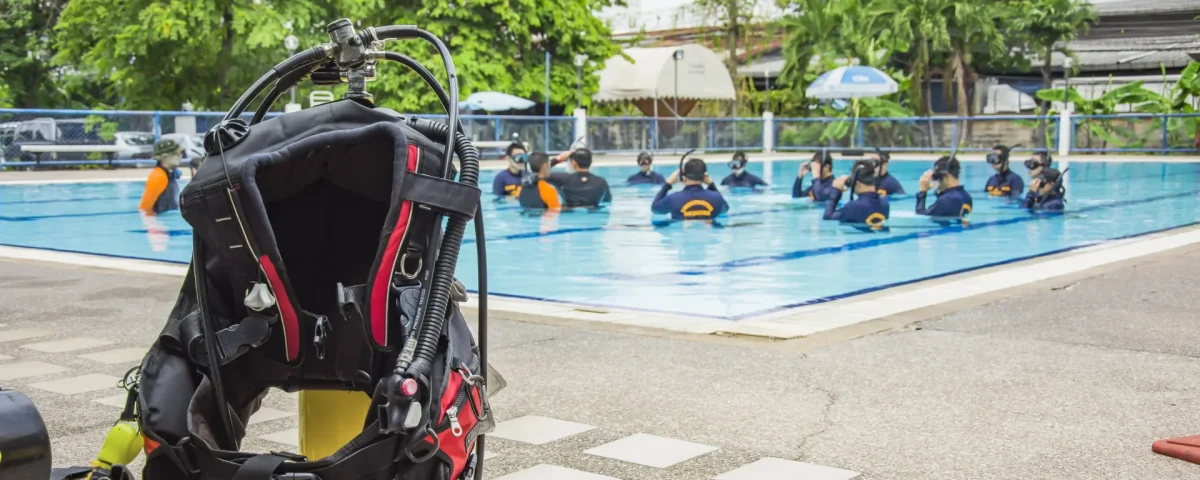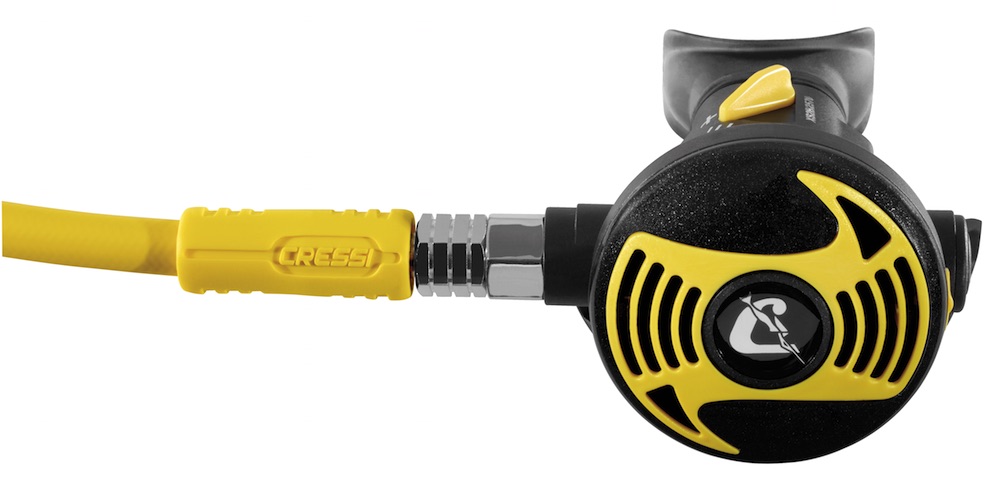
Eco-Friendly Scuba Travel: Destinations Leading the Way in Sustainable Diving
April 30, 2025Why Equipment Maintenance is a PADI Instructor’s Greatest Responsibility
As a PADI Open Water Scuba Instructor, you hold one of the most respected and sought-after professional ratings in the recreational diving world. You are a mentor, a guide, an educator, and a guardian of the underwater realm. Students look to you not just to learn the mechanics of diving, but to understand its culture, its ethos, and its unwritten rules. They trust you implicitly, placing their safety and their aspirations in your capable hands. This trust is built on your knowledge, your skill, and your professionalism—and nothing reflects that professionalism more tangibly than the state of your personal dive equipment.
For a PADI Instructor, gear is not just a collection of tools; it is an extension of your professional identity. It’s a physical manifestation of your commitment to safety, your respect for the sport, and your dedication to being the best role model possible. While all divers should be diligent about gear care, for an instructor, it transcends best practice and becomes a core professional responsibility. Let’s explore why meticulous equipment maintenance is not just important, but absolutely fundamental to your success and integrity as a dive leader.
The Foundation of Trust: Professionalism Made Visible
Imagine two scenarios. In the first, an instructor arrives to teach a class with a clean, organized dive bag. Their regulator is neatly coiled, their BCD is free of salt crystals and wear, and their wetsuit is in excellent condition. In the second, an instructor pulls out a regulator with green corrosion on the first stage, a BCD with a frayed strap, and a mask with a yellowed, deteriorating skirt.
Which instructor immediately inspires more confidence?
The answer is obvious. Before you say a single word, your equipment speaks volumes about you. Well-maintained gear communicates competence, attention to detail, and a serious approach to a sport where details matter. Your students, especially new ones who are often anxious and uncertain, are looking for signs that they are in safe hands. A clean, functioning set of equipment is a powerful, non-verbal signal that you are a professional who takes their responsibilities—and their students’ safety—seriously. This visual first impression is the bedrock upon which you build trust throughout the course.
The Unbreakable Rule: Safety is Non-Negotiable
At its core, scuba equipment is life-support equipment. A regulator is not just a tool for breathing; it is the only tool for breathing underwater. A BCD is not just a vest; it is the primary means of controlling buoyancy and ensuring safe ascents. A dive computer is not just a gadget; it is a critical instrument for managing nitrogen exposure and preventing decompression sickness.
For a recreational diver, an equipment malfunction is a serious incident that can ruin a dive or, in the worst case, lead to an emergency. For an instructor leading a group of students, a malfunction is a potential catastrophe. Your primary role during any training dive is to supervise, manage, and ensure the safety of your students. If your own equipment fails, your attention is immediately and completely diverted from them to yourself.
Consider a regulator free-flow at depth. An instructor must be able to handle this, but while doing so, who is watching the new diver struggling with their buoyancy? Consider a BCD power inflator that sticks, sending the instructor into an uncontrolled ascent. Who is there to manage the students left below? Regular, professional servicing of your regulators, BCDs, and other critical components is not an optional expense; it is the most important risk management procedure you can undertake. It ensures that your life-support system is functioning at peak performance, allowing you to dedicate 100% of your focus to your students, where it belongs.
The Most Powerful Lesson: Leading by Example
PADI Instructors are teachers, and the most effective lessons are often the ones that are demonstrated, not just spoken. You can spend an hour in the classroom talking about the importance of rinsing and properly storing gear, but that lesson is instantly negated if your students see you toss your own salty, sandy regulator into the trunk of your car at the end of the day.
Your habits become their habits. When you meticulously rinse your BCD, soak your regulators, check your O-rings, and keep your gear organized, you are teaching a powerful, unspoken curriculum. You are instilling in your students a culture of respect for the equipment that keeps them alive underwater. You are showing them what it looks like to be a responsible diver. This lesson is arguably as important as any skill they will learn in the pool. The divers you train will carry these observational lessons with them for their entire diving careers, making the entire community safer, one student at a time.
Performance Under Pressure: Your Gear Must Be Flawless
There is a significant difference between equipment that merely “works” and equipment that performs flawlessly. As an instructor, you need the latter. A second stage that breathes just a little “wet,” a pressure gauge that is slow to respond, or a BCD inflator button that is slightly sticky might be minor annoyances for a recreational diver, but for an instructor, they are significant professional hindrances.
You will be demonstrating skills that require perfect buoyancy and control. You will be operating in conditions that are not always ideal. You will be under a certain level of stress, managing multiple students at once. In this environment, your gear must be an effortless, thought-free extension of your body. Any “minor” issue becomes a distraction, consuming a portion of your mental bandwidth that should be dedicated to your students. Regular maintenance and servicing ensure that every component functions exactly as it was designed to, freeing you up to be the best, most attentive instructor you can possibly be.
Protecting Your Career: An Investment in Your Future
Finally, there is the practical business aspect to consider. Your professional-grade dive gear is a significant financial investment. Taking meticulous care of it protects that investment and extends its lifespan, saving you money in the long run.
More importantly, your gear protects your reputation and your career. A PADI Instructor’s reputation is their most valuable asset. A reputation for being safe, professional, and reliable leads to more work, more student referrals, and a long, successful career. A reputation marred by equipment issues or preventable incidents can be difficult, if not impossible, to recover from.
In conclusion, the regular, professional maintenance of your scuba equipment is not a chore to be postponed or a corner to be cut. It is a direct reflection of your identity as a PADI Instructor. It is a cornerstone of safety, a powerful teaching tool, a requirement for peak performance, and a fundamental pillar of your professionalism. By treating your gear with the respect and diligence it deserves, you are not just maintaining a set of tools—you are upholding the high standards of the organization you represent and honoring the profound trust that every single one of your students places in you.


